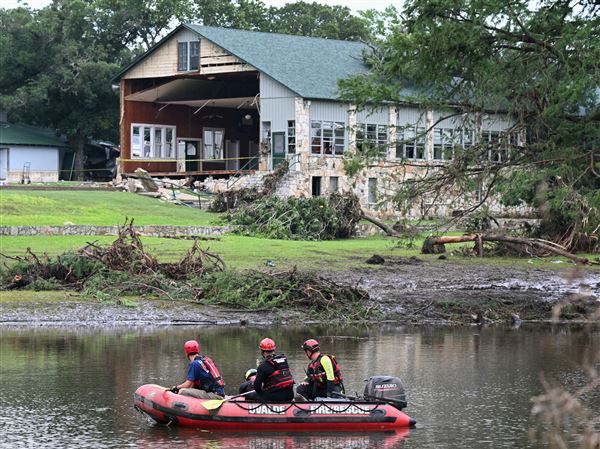WASHINGTON -- A military team sent to evaluate electrical problems at U.S. facilities in Iraq determined there was a high risk that flawed wiring could cause further "catastrophic results" -- namely, the electrocutions of U.S. soldiers.
The team said the use of a required device, commonly found in American houses to prevent electrical shocks, was "patchy at best" near showers and latrines in U.S. military facilities. There also was widespread use of uncertified electrical devices and "incomplete application" of U.S. electrical codes in buildings throughout the war-torn country, the team found.
At least three U.S. service members have been electrocuted in Iraq while taking showers in the six years since the U.S.-led invasion of the country.
The highest-profile death was that of Staff Sgt. Ryan Maseth, 24, a Green Beret from the Pittsburgh suburb of Shaler who was electrocuted while showering in his barracks early last year. Other troops and contractors have died or have been seriously injured in other electrical incidents.
A copy of the team's Sept. 8 report to the then-commander in Iraq, Gen. David Petraeus was obtained by The Associated Press through a Freedom of Information Act request.
Since this report to Gen. Petraeus, Task Force SAFE in Iraq, which was created to deal with the electrical problems, began extensive inspections and repairs of wiring in about 90,000 U.S.-maintained facilities in Iraq. The Associated Press has reported previously that about a third of the inspections so far have turned up major electrical problems. Half of those problems have since been fixed, but about 65,000 facilities still must be inspected, the military has said.
The military has said it could be November before all the inspections are complete.
In a statement e-mailed to the AP, Dave Foster, an Army spokesman, said the service is committed to improving safety for U.S. troops.
The safety team, based at the Army's Combat Readiness/Safety Center at Fort Rucker, Ala., was sent to Iraq late last summer. In addition to the use of uncertified electrical parts, the team cited "inconsistent enforcement of any standard, inconsistent and inadequate standards for using electrical devices, incomplete application of electrical codes and lack of thorough contractor oversight."
The result, the team concluded, was "unmitigated electrical-related hazards" throughout Iraq, with improper bonding a "most pervasive" problem.
First Published: April 8, 2009, 2:00 p.m.















